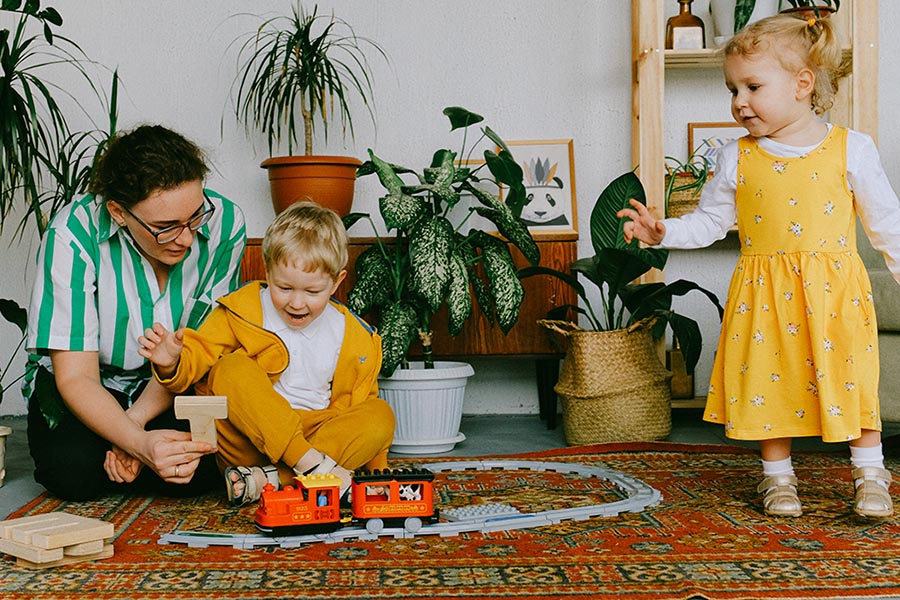
Your Montessori preschoool is the first step in understanding and correcting your child’s behavior. Additionally, taking heed of some important tips from professionals in education and social behavior will give you insightful information to implement at home.
Focus On Good Behavior
Obviously, some negative behaviors must be addressed immediately, but others should be ignored. Reprimanding Montessori preschool children for unwanted behavior is still giving attention to that behavior. Instead, allow minor infractions of social etiquette to pass, and provide positive reinforcement for appropriate behavior. Because your children crave being the center of attention, they will adjust to displaying proper behavior as opposed to behavior that does not get them noticed.
Modeling
You are the most important demonstration of good behavior for your child. Your reactions, in words, deeds, and body language, are extremely strong influences in how your child will act under comparable circumstances. Even when you think they aren’t paying attention, your children are aware of things you say and do. Keep this in mind, and you will be a better role model.
Establish Rules and Structure
Simple rules and structural routines assist in guiding behaviors. “We must take care of our toys,” is straightforward and can be reinforced by your own picking up things after every project. Once the rules have been established, they must be followed consistently or they will lose their importance and meaning.
Be Patient and Firm
We are all human beings, and we all make mistakes. When your child has a behavior issue your best reaction is to remain calm and discuss why that behavior is not appropriate without raising your voice. Keep in mind that a few short years ago your child was a blank slate, and encourage the learning process through consistent, controlled reactions.
Coaching over Demanding
Commanding Montessori preschool children to behave a certain way seldom works as you want, but positive reinforcement for good behavior does. Coach your children in making appropriate responses, including praise for a job well done and encouragement to repeat it often. This appeals to a child’s desire to please their elders rather than setting arbitrary conditions with no context.
Childhood behavior is a learning process like reading or adding numbers. By instilling knowledge of why some behaviors are preferable in your children you give them the tools they need for a successful future.